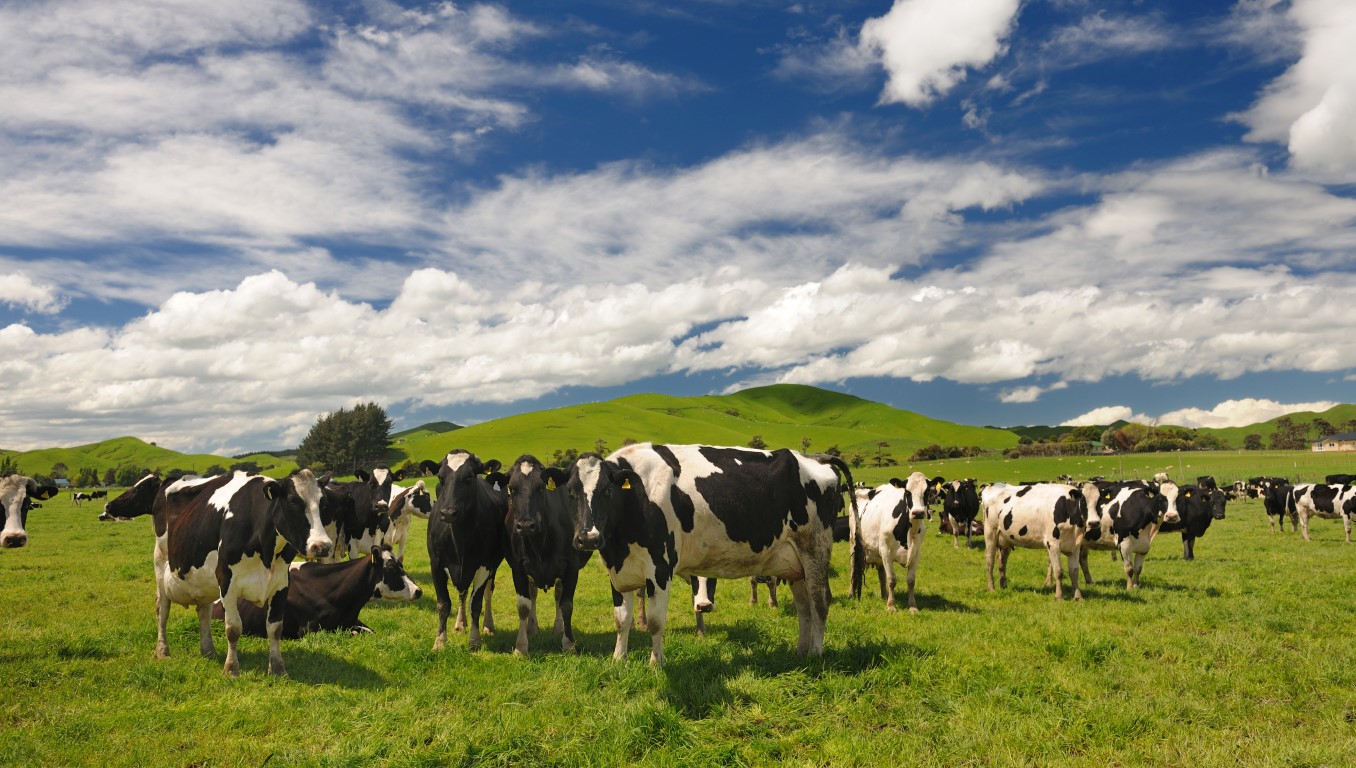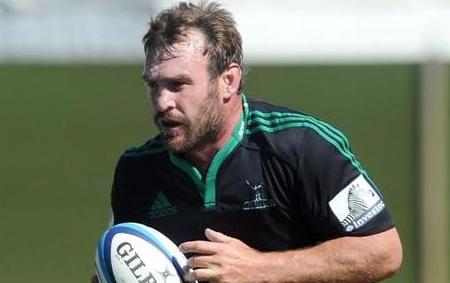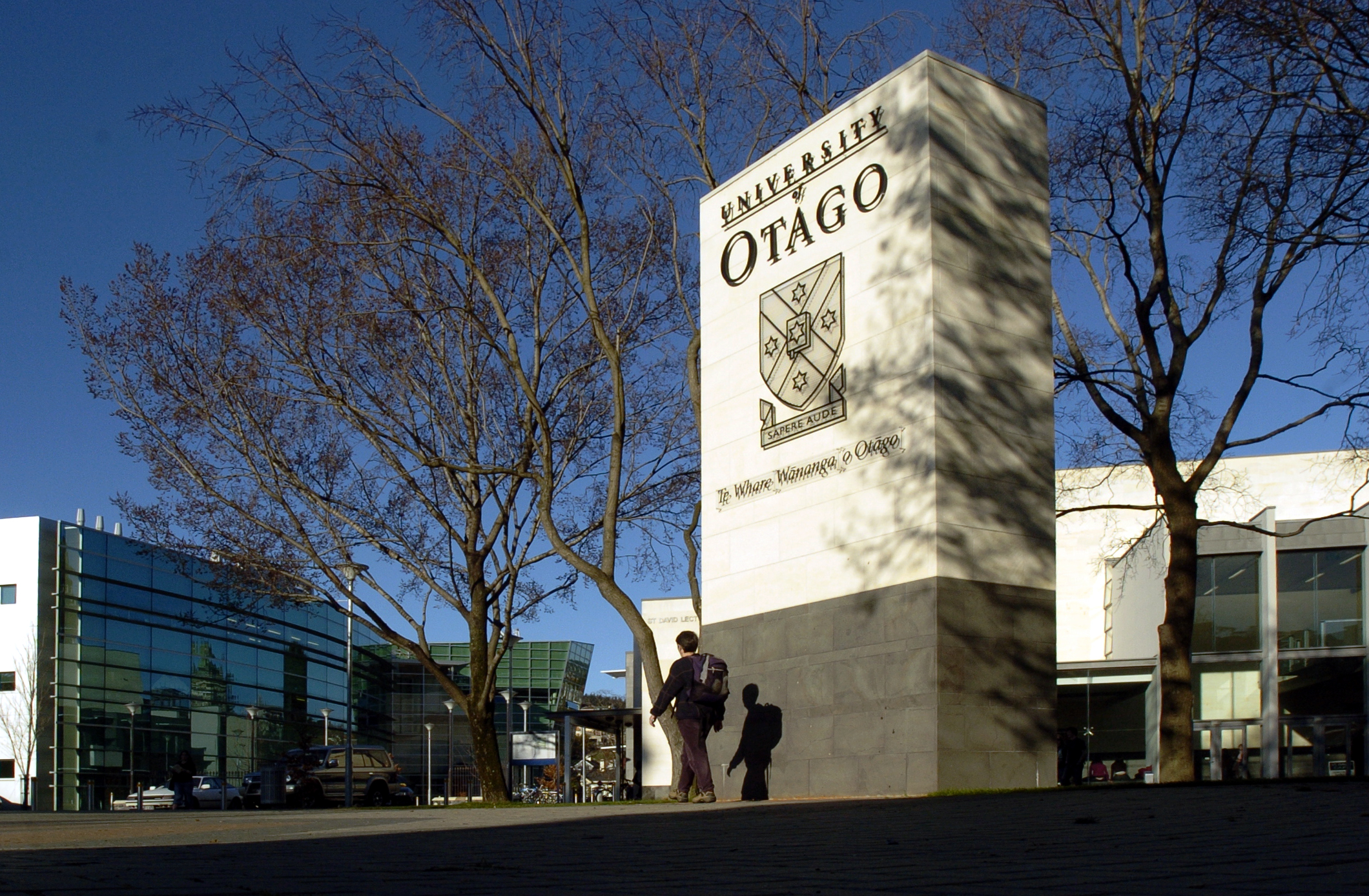
Last week, RNZ revealed that the four largest private landowners in New Zealand are all foreign-owned forestry companies, based on an analysis of Land Information data.
Today, we reveal the top 50 private landowners in New Zealand, who own over a million hectares of land between them. New Zealand's total land area is 26.8m ha.
Nineteen of the individuals or entities on the list are overseas-based owners.
At least 28 percent of New Zealand's land is in Crown or other public ownership, while iwi and other Māori land-holding entities own about 7 percent. We have compiled a list of the top five public landowners, not including the Crown, and the top five Māori landholdings.
The top 50 private landowners
1. Taumata Plantations Limited (101,854 hectares): Taumata Plantations purchased the former Carter Holt Harvey forests and has kept a significant majority of the land, recently on-selling some of it to New Zealand companies. The company is ultimately owned by several overseas investment funds and banks. The largest shareholder is Manulife, a major Canada insurance company.
2. Tiong family (77,686 hectares): The Malaysia-based, family-owned Tiong Group own forestry, media and property assets around the world. Their land holdings in New Zealand include the Ernslaw One forests, New Zealand King Salmon, and land owned by their property and land development company, The Neil Group.
3. New Forests Asset Management (77,465 hectares): New Forests is an Australia-based assets management company that operates several investment funds in New Zealand, owned by several subsidiaries. It has amassed its forestry land portfolio in less than four years, starting with purchases in the Wairarapa in 2016. An Overseas Investment Office investigation into one subsidiary's purchases resulted in a formal warning, an $80,000 charity donation and $20,000 in costs.
4. Matariki Forests (73,509 hectares): Another forestry company, three-quarter-owned by the US-based Rayonier. The remaining quarter of the company's shareholding is owned by an Australian-registered company, Waimarie Forests Pty Limited.
5. Roberts and Apatu families (41,296 hectares combined): The intermarried Roberts and Apatu families own two large stations and some additional land on the Napier-Taupō road, which they have collectively farmed for nearly a century.
6. Michael Spencer (35,942 hectares): Part of the wider Spencer family, one of New Zealand's wealthiest families. Spencer's properties include Lochinver Station, which he bought after a highly-publicised bid from a Chinese company, Shanghai Pengxin, was rejected by the government.
7. Port Blakely Limited (35,889 hectares): Another US-owned forestry company.
8. Global Forest Partners LLC (33,706 hectares): Global Forest Partners, registered in the Cayman Islands, is the ultimate owner of two private investment funds that own forestry land in New Zealand.
9. New Zealand Carbon Farming (28,365 hectares): Ultimate holding company with more than a dozen subsidiary companies. The joint shareholders include managing director Matt Walsh and another director, Bruce Miller. The company describes its core business as a supplier of bulk carbon credits to large energy and oil companies. It has recently purchased and planted radiata pine trees on several large former farms in the Tararua district.
10. Wairakei Pastoral Limited (27,634 hectares): Owned by Auckland rich-listers Trevor Farmer, Ross Green and Mark Wyborn. The company's major land-holding is a 26,000ha farm near Taupō. About half of the property is leased to Landcorp.

12. Hall Family (25471 hectares): Total land-holdings of brothers Simon, Richard and Henry Hall, who inherited the food manufacturing empire created by their father John, who owned the companies Tasti and James Crisp.
13. Sumitomo Forestry Company (25461 hectares): Japanese forestry giant, part of the Sumitomo group. Most of the company's New Zealand land is in Nelson and Tasman.
14. Lone Star Farms Limited (22365 hectares): A farming corporate owned by Nelson-based American businessman Tom Sturgess. Land holdings include five South Island farms. Lone Star is also the shareholding company of Verity Farms NZ, which owns Godley Peaks Station in Canterbury.
15. Corisol New Zealand Limited (18231 hectares): Swiss-owned investment company, which purchased forestry land from Ngāi Tahu in 2011.
16. Nelson Forests Limited (18135 hectares): Owned by Australian forestry investment company OneFortyOne, which purchased the company and its land from another foreign-owned company last year.
17. Bayly family (17800 hectares): East Coast farming family. Their farms include Tangihau Station, near Gisborne, which breeds Angus bulls.
18. Whyte family (17420 hectares): Family-owned farming company based in mid-Canterbury. Donald and Leigh Whyte farm deer and sheep, and breed Angus cattle.
19. China Forestry Group New Zealand Company Limited (17087 hectares): Ultimately owned by the Chinese government's State Forestry Administration. Owns forests throughout the North Island.
20. New Zealand Pastures Limited (16480 hectares): Canterbury-based farming company, majority New Zealand-owned. Investors include ACC and HRL Morrison. A Dutch company owns a 47 percent stake.
21. Williams family (16404 hectares): Own two large farming stations on the Gentle Annie road between Napier and Taihape.
22. The Westervelt Company (15341 hectares): US-owned timber company that operates forestry, honey cultivation, hunting and tourism businesses on Poronui Station near Lake Taupō. The land includes the exclusive Poronui Lodge.
23. Gary Rooney (15137 hectares): Waimate rich-lister and owner of Rooney Group, which operates various rural businesses covering irrigation schemes, dairy conversions, and earthmoving.
24. Christian church (14,694 hectares): Combined land-holdings of all Christian denominations, including the Christian-owned company Trinity Lands Limited, which owns 6400ha of farming and horticulture land, and Gloriavale, which owns about 2400ha through its tax-exempt charity, Christian Church Community Trust.
25. Henry and Melody Matthews (14676 hectares): Own and farm land in south Taranaki, including Makowhai Station, which the Matthews family has farmed for more than a century.
26. Oceana Gold (New Zealand) Limited (13682 hectares): Australian-owned owner and operator of the Waihi gold mine.
27. Murray family (13662 hectares): Richard and Susan Murray own Bluff Station near Kekerengu, inland from the Kaikōura coast. Their farm was among properties and land damaged in the 2016 earthquake,
28. Southland Plantation Forest Company of New Zealand Limited (13366 hectares): Ownership of this South Island forestry land is split between three major Japanese companies - Fuji Xerox, Itochu Corporation, and Oji Holdings.
29. Lees Valley Station, LLC (13114 hectares): The US company purchased Mt Pember Station, one of New Zealand's largest sheep and beef farms, for $30m in 2013 and converted it to dairy. RNZ was unable to determine the ultimate owners of the US company.
30. Greenheart Mangakahia Forest Land Limited (12558 hectares): Hong Kong-based investment company that owns forests in Northland.
31. Doug and Mari Harpur (12512 hectares): North American deer farmers and foresters, the Harpurs purchased neighbouring Southland farms Fairlight Station and Cainard Run in the early 2000s.
32. Juken New Zealand Limited (12435 hectares): Owned by Japanese forestry company WoodOne. Juken's forests are in the Wairarapa and near Gisborne, where it owns a mill.
33. Christian Welte (12309 hectares): A Swiss bio-engineer, Mr Welte's New Zealand company Monte Capital Limited owns several East Coast farms in the North Island as well as forestry blocks.
34. Jenny and Johan Klisser (11907 hectares): The founders of Vogel's bread own Haldon Station in the Mackenzie Country.
35. Mount Linton Station Limited (11905 hectares): Ownership of this Southland farming stations is split between Auckland rich-listers Rolf and Peter Masfen, and the McGregor family, who were the original owners of the land and still actively farm it.

37. Paterson family (11333 hectares): Bill, Phil and their four daughters own McDonald Downs Station in Canterbury.
38. Urquhart family (10801 hectares): Mark and Sherie own and farm Grays Hills Station in the Mackenzie Basin.
39. Annabelle and Richard Subtil (10789 hectares): Own and farm Omarama Station, on the Canterbury side of the Lindis Pass. The station has been in Annabelle's family for a century.

41. NZ Super Fund (9882 hectares): Among its many other investments, the government's superannuation fund owns multiple rural properties, concentrated in Southland, Canterbury and Waikato.
42. Fonterra (9789 hectares): The dairy cooperative owns nearly 700 parcels of land around New Zealand.
43. Purvis family (9734 hectares): Five generations of the Purvis family have owned and farmed Cluden Station, including former All Black Neil Purvis, who died in 2008. A fire in 2016 destroyed the farm's historic homestead.
44. Patterson Family (9665 hectares): The Patterson family have farmed Longslip Station since 1947.
45. Anthony Czura (9580 hectares): Swiss national Anthony Czura is a co-founder of Swiss-based investment firm Czura Thornton. He owns Ngatapa Station in Hawke's Bay.
46. Laurence Williams (9546 hectares): Owns and farms Fox Peak Station in South Canterbury. Mr Williams bought the station from Rural Equities in 2009.
47. Roddy Brown (9307 hectares): Owns Blue Mountain Station in South Canterbury.
48. Small family (9225 hectares): Own Goulburn Station near Middlemarch in Central Otago.
49. Lynette Therese Erceg (9214 hectares): Widow of Independent Liquor founder and rich-lister Michael Erceg. Properties include Lake Ohau Station in the Mackenzie Basin.
50. Douglas Robert McIntyre (8964 hectares): Owns farmland in the Mackenzie district, which he converted to dairy through the controversial Benmore irrigation scheme.
Top five land-owning public entities
The following list does not include the Crown, which RNZ's analysis found owns at least 6.3 million ha.
Wellington Regional Council (49244 hectares): Owns and manages several large forest parks, including Orongorongo, Akatarawa and Kaitoke Forest Parks.
Auckland Council (48220 hectares): Land holdings include large parts of the Waitakare and Hunua Ranges.
University of Canterbury (40302 hectares): The university owns farm and research field stations across the South Island.
Dunedin City Council (38356 hectares): Includes the council-owned City Forests Limited, which owns Flagstaff and Ross Creek Forests.

Top five Māori/iwi land holdings
Ngāi Tūhoe (243495 hectares): This includes about 209,000ha that were formally Te Urewera National Park. The iwi's settlement with the Crown in 2013 gave Te Urewera legal personhood, with a trust board made up of iwi and government representatives to act in the interests of the land.
CNI Holdings Limited (126,147 hectares): CNI Holdings is made up of eight central North Island iwi: Ngāi Tuhoe, Ngāti Manawa, Ngāti Tūwharetoa, Ngāti Whakaue, Ngāti Whare, Raukawa, and the affiliate Te Arawa iwi/hapu. The land includes large amounts of forest.
Ngāti Tūwharetoa (113414 hectares): The iwi's multiple trusts own forest and other land in the central North Island. The iwi also owns the bed of Lake Taupō but RNZ has excluded bodies of water and the underlying land from this analysis.
Ngāi Tahu (102,136 hectares): One of the first iwi to settle with the Crown, Ngāi Tahu is the largest landowner in the South Island after the Crown. The iwi still only owns a fraction of the 14m ha it once controlled.
Proprietors of Mangatu Blocks (44663 hectares): A mixture of iwi based in Tairāwhiti on the east coast of the North Island, covering about 3000 shareholders. The land includes 15,000ha of native forest, some exotic forest, farmland, and vineyards.
How RNZ analysed the data
The figures in the list above have been compiled using Land Information New Zealand data and may not account for some land transfers that have not been documented in LINZ's database.
Ownership has been aggregated by the ultimate owner wherever possible - for example, if an individual owns land in their own name, and also via companies they own or co-own (with at least a 50 percent shareholding), that land has been aggregated under a single name, iwi, or entity.
RNZ carried out extensive cross-checking, using the Companies Office website and other resources, to verify the identities of individuals and entities, and ensure individuals with similar names did not have their land-holdings aggregated by mistake.
To determine whether land was publicly-owned, RNZ aggregated any land where the ownership title was in the name of a public entity (the government, public schools, councils, council-owned organisations and so on). Where there was no ownership title, RNZ followed a similar methodology to one developed by Auckland Council researchers last year.
Bodies of water and roads have been excluded from the database, along with leasehold titles.

















